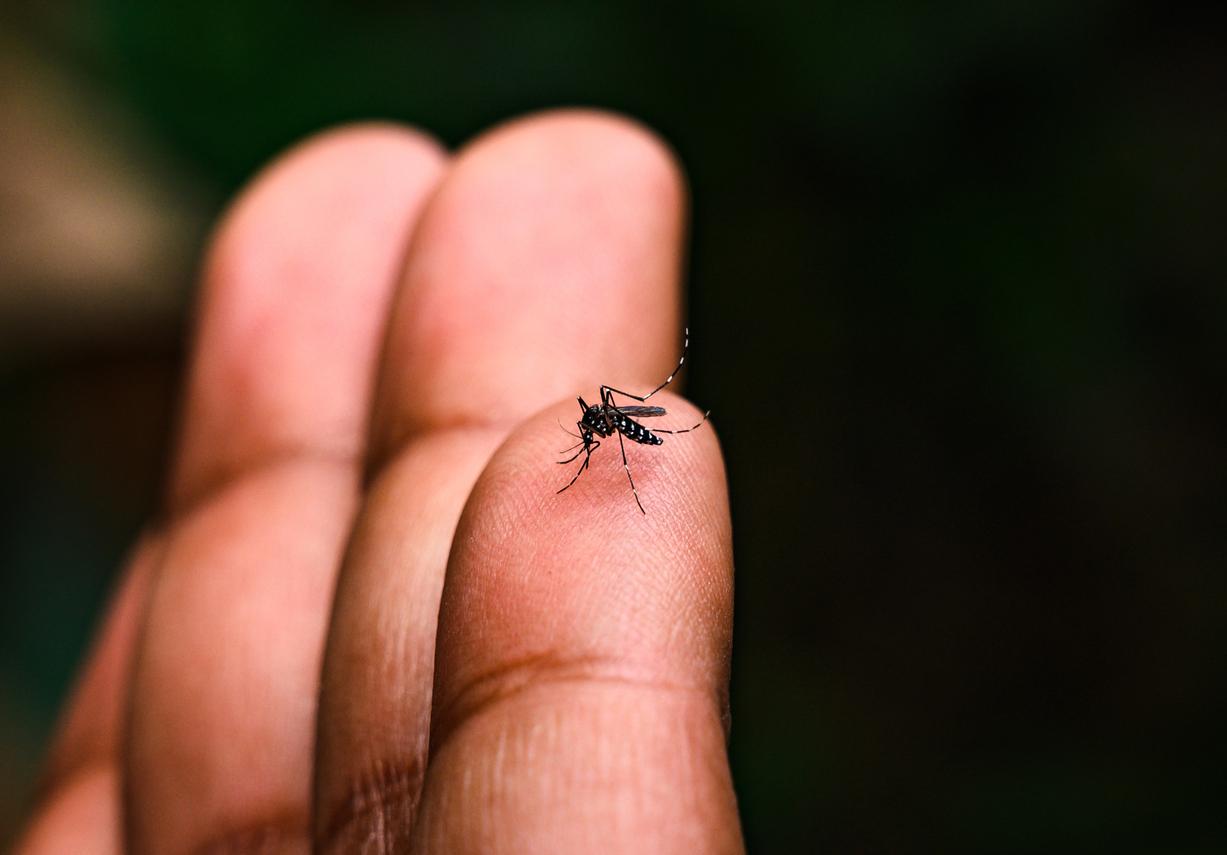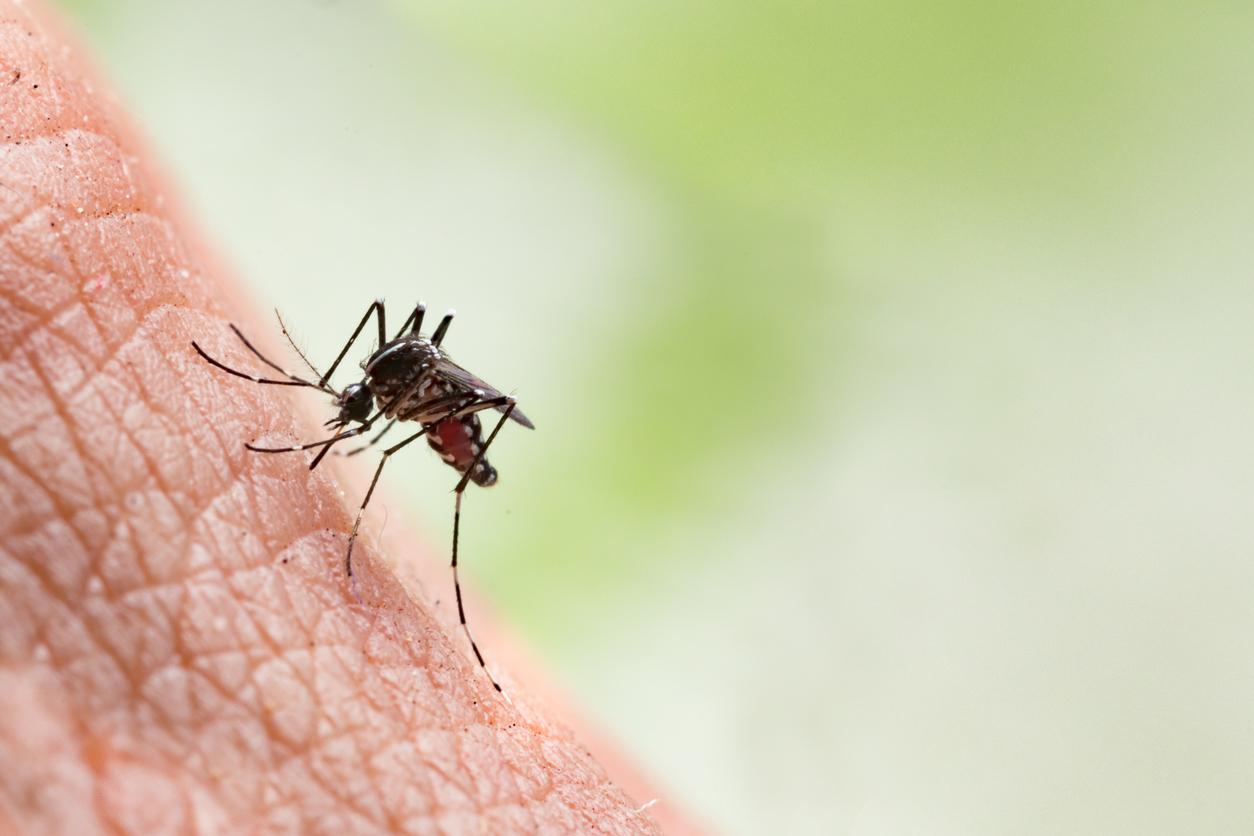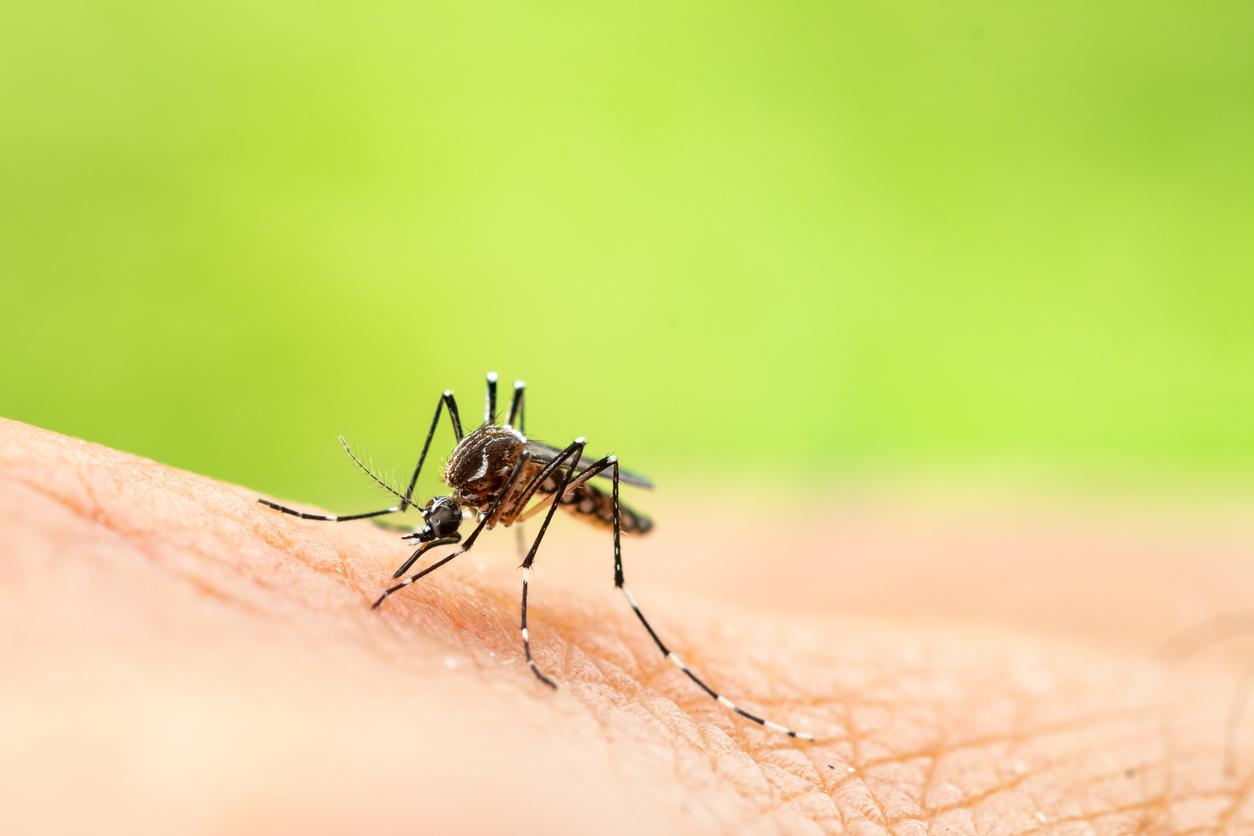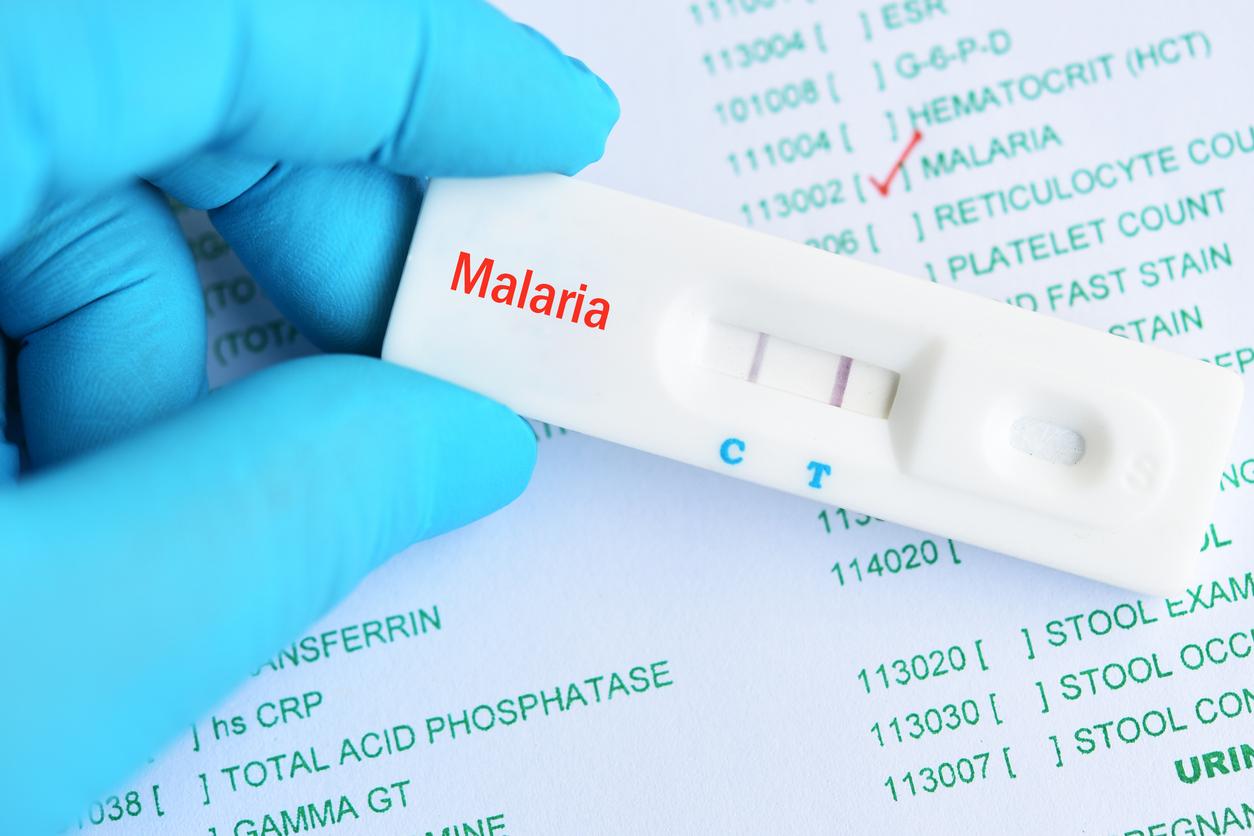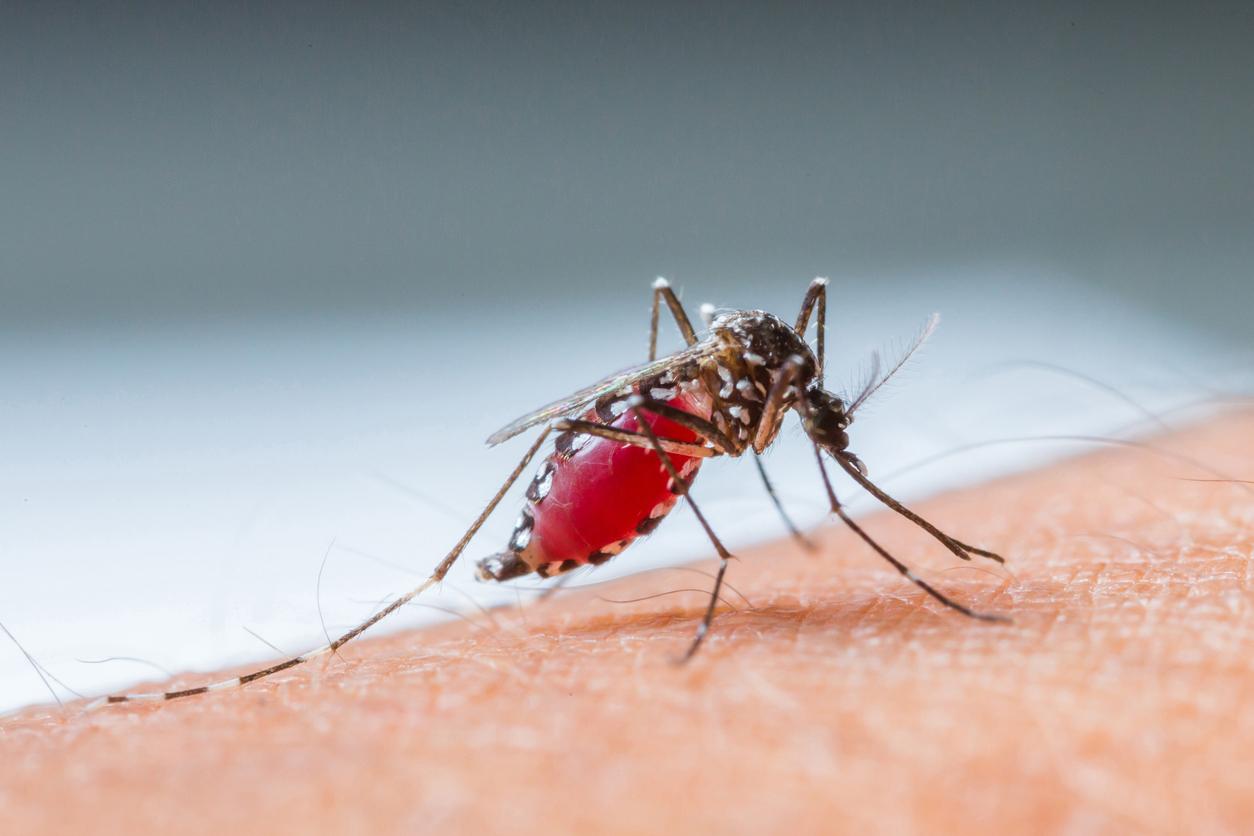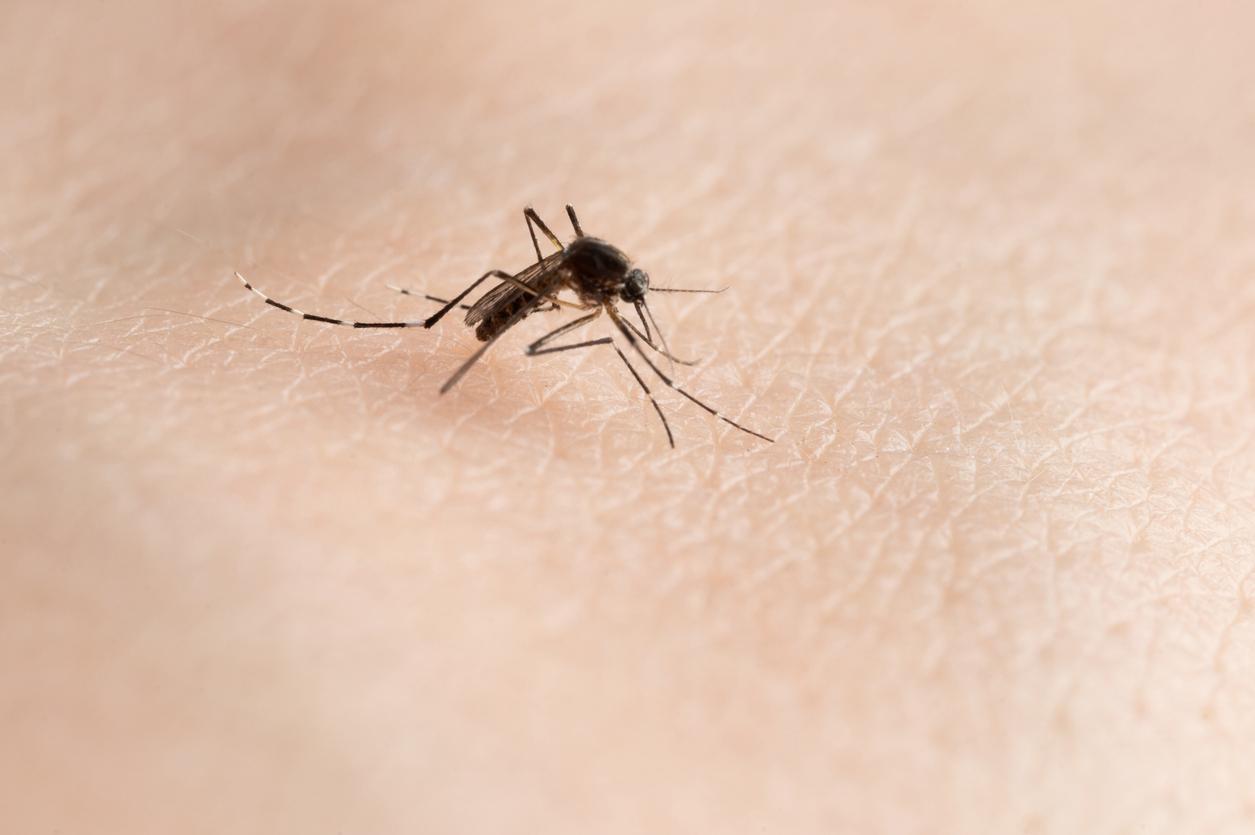One of the most effective ways to protect yourself from malaria is to sleep under an insecticide-treated bed net. Logically, when a mosquito tries to bite a person sleeping under this type of mosquito net, it lands on this barrier, comes into contact with the impregnated insecticide and dies.
Except in Mali. Because in this country, a hybrid mosquito has just appeared, which has managed to develop insecticide resistance mosquito nets. Professor Gregory Lanzaro, entomologist and professor at the University of California (United States), called it “super mosquito” because it can survive exposure to insecticides used to treat mosquito nets.
Hybrid offspring that survive exposure to insecticides
“By introducing insecticides into the environment of mosquitoes carrying malaria (also called malaria), we have modified their evolution and encouraged the appearance of hybrids” explains Professor Lanzaro.
This is how the Anopheles gambiae mosquitoes, one of the mosquito species most heavily responsible for the spread of malaria in West Africa, mated with mosquitoes of another species, Anopheles coluzzii, giving birth hybrid offspring that survive exposure to treated mosquito nets.
Researchers must therefore now develop new ways to eradicate mosquitoes that spread malaria, either with new insecticides or with the help of biological agents, such as mosquito-killing fungi.
Read also
Malaria: 3.3 million lives saved since 2000
Malaria: should female mosquitoes be exterminated
Malaria: a new form of the disease is emerging










